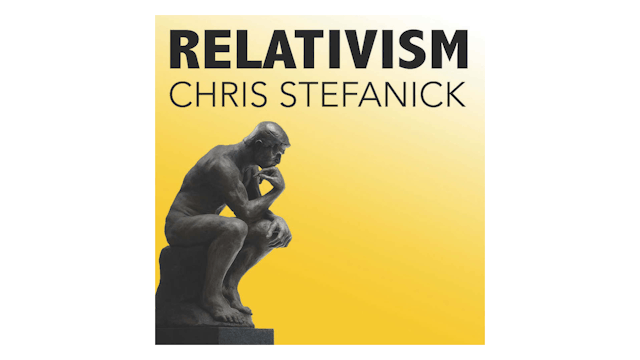When we love people, we want the best for them—we don't want them to make choices that will lead to them getting hurt or being unhappy. But how do we find the right balance between expressing concern and sounding judgmental? And what can we do when someone accuses us of being intolerant just because we disagree? In the previous session we began looking at some tools for engaging moral relativism. In this session we will examine the next three keys to help us communicate our love and respect for other people when having a dialogue about moral issues—and also to resist having the relativistic worldview imposed on us.
Up Next in Most Popular
-
Relativism: Do You Know How It Is Aff...
Pope Emeritus Benedict XVI considered moral relativism to be the most dangerous dictatorship existing in the world today. In this presentation, Chris Stefanick debunks the powerful and epidemic myth of relativism with honesty, relevance, humor, and logical validity, offering a much-needed perspec...
-
From Mormon Missionary to the Catholi...
Thomas Smith was raised in the Church of Jesus Christ of Latter-Day Saints and can trace his lineage back seven generations. In this talk, he shares his beliefs and incredible experiences as a Mormon missionary in Alabama, how this led him to convert, become a Protestant minister, and later enter...
-
What Does the Catholic Church Teach A...
In our fallen world, death is inevitable. Yet, the Catholic Church shows us that although death is an enemy, we need not fear it.
Our culture views death as something to fear, hide away, ignore, or try to conquer. Scripture also sees death as an enemy but in a very different way. Instead of mask...




10 Comments